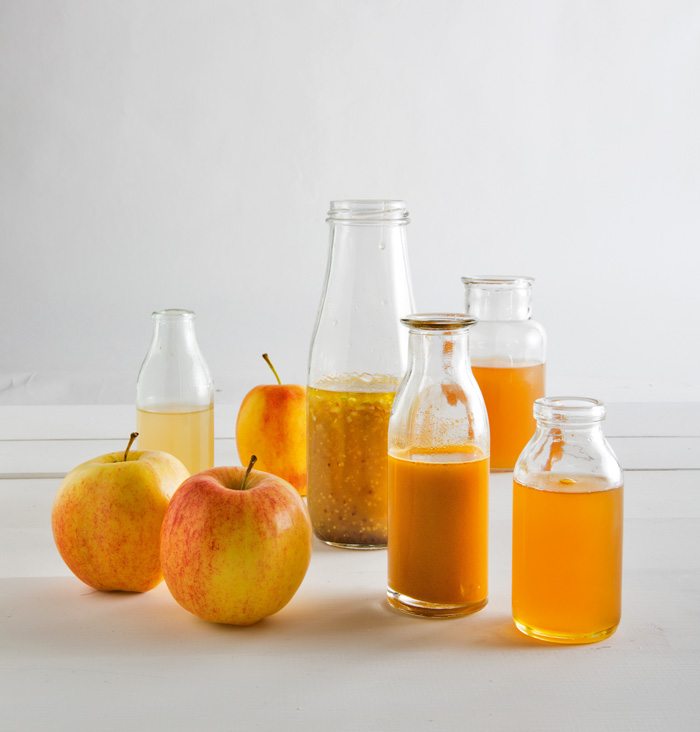Polycystic Ovarian Syndrome (PCOS) is a condition relating to the ovaries that is becoming increasingly more commonly diagnosed. The most common symptoms are irregular menstrual cycles, excessive facial and body hair (caused by high or irregular hormone levels), acne (also caused by the over-production of hormones), weight gain or obesity, sometimes thinning hair and fertility issues.
My own experience with PCOS has been a long and fraught one. I was first diagnosed in my early twenties following rapid and excessive weight gain. At that stage it was my only symptom but irregular periods followed soon after (women can experience one or all of the typical symptoms; they don’t always present at once). Although I was exercising regularly, I could not shift the weight and my doctor prescribed the oral contraceptive pill to regulate my periods. The pill made me sick with nausea, I developed acne for the first time in my life and I gained even more weight (mostly in my breasts, which were extremely tender after taking the pill). My doctor and I tried 6 different brands and formulations to try to find one that didn’t have side effects for me but they made me increasingly more sick (depression had set in at that point; another side effect of the pill) and I ended up in hospital with a blood clot in my lung (yet another unhelpful legacy of the pill).
At that stage I was at the limits of patience with my health. I did my own research into PCOS and found that it was closely related to insulin resistance (very similar to pre-diabetes type II). I researched dietary protocols for PCOS and quickly saw results. I lost over 25kg and have had no symptoms whatsoever in the last 7 years, purely through managing my diet.
Some of the most basic, general lifestyle changes that I have found to be effective for managing PCOS are:
Avoiding simple carbohydrates
This includes anything with refined sugar, bread, refined grains, pasta etc. In extreme cases of insulin resistance, this can also include starchy vegetables and even the types of fruit you eat. Having said that, fruit and especially gorgeous organic vegetables should form the basis of the diet
Including a source of protein in every meal
The best kinds are organic, grass-fed lean meats and eggs, fish, nuts and seeds and legumes
Increasing fibre in the diet
This improves digestive health and helps to promote weight regulation. Fruit, vegetables and legumes are fantastic sources of fibre
Including healthy fats in the diet
Coconut oil, raw extra virgin olive oil and oily fish all have different benefits. Coconut oil can help to metabolise stored fat, raw olive oil promotes heart health and the EPA/DHA omega 3 fatty acids in oily fish like salmon have a wealth of benefits including brain health, mood regulation and promoting gorgeous skin. All of these fats will help you to remain fuller for longer which can also contribute to weight loss, as well as helping to absorb the fat-soluble vitamins A, D, E and K, which are anti-oxidant and contribute to other factors which effect PCOS.
Zinc and Magnesium
Supplementation can sometimes be appropriate in managing PCOS. Consult a health practitioner before taking any supplementation to determine if it is right for you
Regular exercise
Studies have shown that low impact, low intensity exercise for longer time periods are the most appropriate at managing insulin resistance specifically. That means long walks on the beach, not running a marathon. Start slowly, aiming for a half-hour walk every day and building up from there
If you have been diagnosed with PCOS or suspect that you may be suffering from it, consult with a qualified nutritionist to develop a health protocol specific to your presenting symptoms.

About the Author: Sophie Manolas is a clinical nutritionist whose rural childhood taught her the importance of the home vegetable patch and fresh produce from an early age. She was inspired to study Nutritional Medicine after a long struggle with Polycystic Ovarian Syndrome — a change in diet proved to be the only effective treatment. Sophie established her own practice, specialising in women’s health and hormonal issues, and has achieved great success with her down-to-earth approach and comprehensive understanding of how we can use food as our medicine. Her own property is established on permaculture principles, with Sophie and her partner growing and producing the majority of their food themselves. Sophie is the author of a new book The Essential Edible Pharmacy, available now Exisle Publishing and wherever good books are sold.







